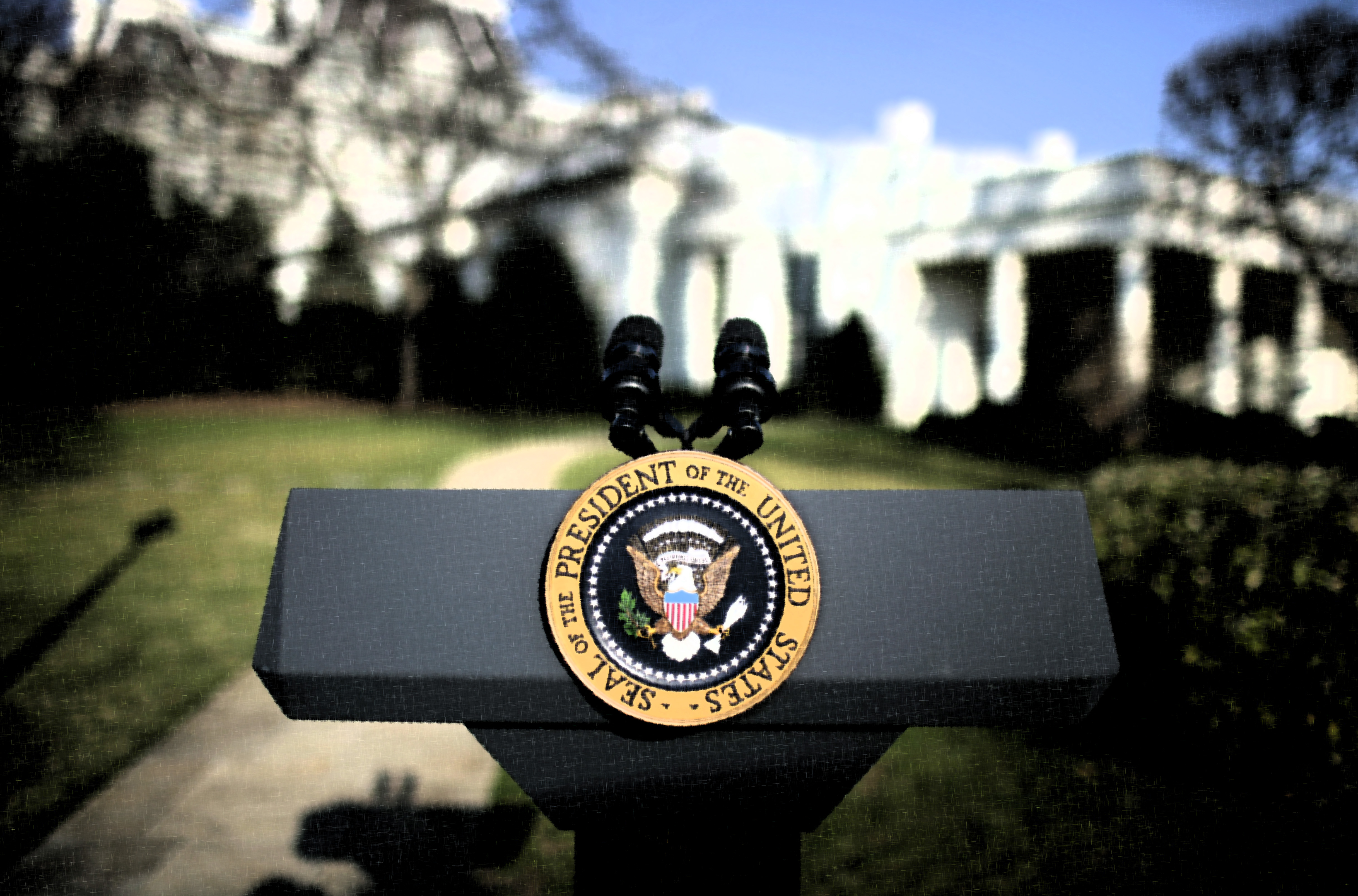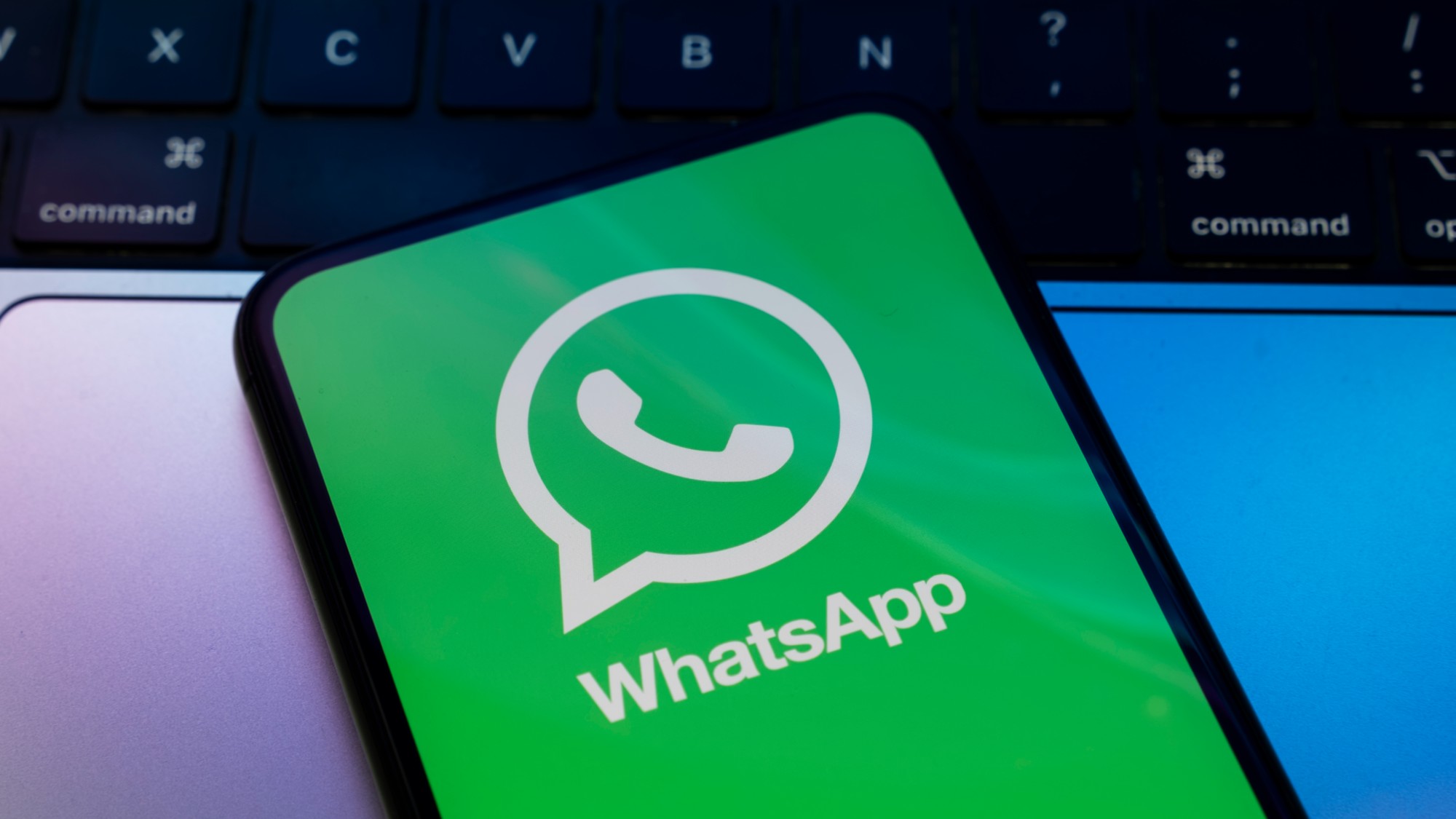How the race for president became the ultimate battlefield in the culture war
It's not the economy, stupid. It's whether voters see themselves in the candidates.


What if the whole national drama surrounding the American presidency — the canonization or demonization of the office-holder, the obsession with the commander-in-chief's every utterance, the nearly two-year-long beauty contest we call a presidential campaign — isn't really about politics at all?
It certainly sounds counterintuitive.
Reporters and pundits may focus on the horse race in their coverage of a campaign, but most would surely say that a presidential election contest is ultimately about political ideology and the policies flowing from it. The Republicans want to cut government spending, regulations, and taxes, increase spending on defense, and use American military power more aggressively. The Democrats want to increase government spending, regulations, and (by implication) taxes, while cutting defense spending and using American military power a teeny-tiny bit less frequently.
The Week
Escape your echo chamber. Get the facts behind the news, plus analysis from multiple perspectives.

Sign up for The Week's Free Newsletters
From our morning news briefing to a weekly Good News Newsletter, get the best of The Week delivered directly to your inbox.
From our morning news briefing to a weekly Good News Newsletter, get the best of The Week delivered directly to your inbox.
The election itself is about which ideology you support and which personality you prefer to serve as its champion.
That's certainly part of what's going on. But it's not all of it. Or even most of it. Or the core of it.
More than ever, presidential politics is about something other than politics. It's about culture, identity, signaling, and symbolism. In a country of 318 million people, in which there is no shared religious conviction, no shared ethnicity, and increasingly no common culture or moral consensus about marriage and sex, and in which the burden of what is typically a nation's greatest act of collective endeavor and sacrifice (war) has been offloaded to a tiny segment of the population that voluntarily bears the burden largely out of public sight and mind — in such a centerless country, with a media culture that fixates on image, style, and symbolism, a single nationwide quadrennial election in which every adult citizen can participate has taken on existential overtones.
More than affirming his or her ideology or policy proposals, we want to be able to look at a presidential candidate and say: "That's me. That's who I am. That's how I see America."
A free daily email with the biggest news stories of the day – and the best features from TheWeek.com
Democrats are used to making this kind of point about Republicans. With their swaggering gait, ostentatious denials of evolution and climate change, and gratuitous references to God, guns, grits, and gravy, GOP presidential candidates do nothing to conceal their cultural signaling. Unless it involves race. In that case, Democrats point out, Republicans will speak in subtly camouflaged terms about wanting to "take our country back" from the likes of "Barack Hussein Obama." What Republicans mean when they talk this way is that they want a president who looks like them, which means white. (Many Democrats assume that this unedifying display of prejudice will be repeated in gendered terms should Hillary Clinton become the first female president in 2016.)
There's some truth to all of this — as long as GOP cultural signaling isn't reduced exclusively to race and gender. Recall the visceral Republican hatred of the white, male Bill Clinton — a loathing so intense it led to impeachment proceedings. Race and gender had nothing to do with GOP hostility to Clinton, and neither did policy. (The man favored the death penalty, championed free trade, and signed the Welfare Reform Act.) The antipathy was rooted, instead, in the conviction that as a draft-dodging, philandering child of the 1960s counterculture, Clinton demeaned the office of the presidency no less than the nation as a whole.
It was about culture, identity, signaling, and symbolism.
The same matrix of extra-political concerns drives presidential politics among Democrats.
George W. Bush and Karl Rove weren't just trying to appeal to Republicans in 2000 when they constructed and cultivated an image for the Texas governor as a brush-clearing rancher who speaks in a monosyllabic drawl. They also hoped to drive liberals crazy by turning W into every coastal urban liberal's fever-dream of a Know Nothing Republican doofus from flyover country. It worked like a charm, provoking Democrats into denouncing the president in such extreme terms that they sounded downright unhinged. (The snippets included in this clip from 2004 demonstrate how Bush's self-presentation changed when he moved from Texas to the national stage, while the voiceover commentary — including speculation that Bush may have been suffering from "presenile dementia" — nicely illustrates the lengths to which liberal critics were willing to go in ridiculing the president of the United States.)
Bush and Rove knew such cultural signaling would work because they'd lived through the overwrought reaction of liberals to Ronald Reagan — a man frequently denounced at the time as an amiable idiot and ill-informed B-movie actor who humiliated the country the moment he prevailed in the race to become commander-in-chief.
More recently, Democrats can be seen engaging in their own acts of calculated cultural signaling. It's there in Hillary Clinton's announcement video, with its celebration of an America diverse in ethnicity, sexual orientation, and family forms. "This is me," her campaign wants Americans to say — though they're also well aware that many Republicans will recoil at the inclusion of a gay couple preparing to exchange wedding vows.
Barack Obama's re-election campaign did something similar with its notorious "Life of Julia" video that portrayed a woman relying on government help through different stages of her life. It was a vision tailor-made both to symbolically affirm the Democratic vision of an America in which the federal government serves as an ever-present companion and helper, and to antagonize Republicans, who prefer to think of America as a place that rewards self-reliance and discourages dependency on government.
There is something troubling about the transformation of presidential politics into a nationwide contest over cultural symbols and identity — and not only because it can have the effect of crowding out debate over the complicated details of public policy. More disconcerting are the consequences for our divided nation of adjudicating our cultural disputes through the medium of winner-take-all elections. "We" are somehow both Americas — the one that thinks of the nation in the cultural terms favored by Republicans and the one that thinks of the nation in the cultural terms favored by the Democrats. Yet the moment one side prevails in a election, its cultural identity gains 100 percent of the symbolic power of the presidency.
The consequences are more than a little worrying — with each victory by one side energizing and intensifying the antagonism and aversion of the other side. "No, that's not me! That's not who I am! That's not how I see America!" In that vaguely ominous way, our electoral system is conspiring with our cultural divisions to produce ever-greater discord and mutual antagonism.
All the candidates say they want to bring the country together. But every election cycle drives us further apart.
And there's no end in sight.
Damon Linker is a senior correspondent at TheWeek.com. He is also a former contributing editor at The New Republic and the author of The Theocons and The Religious Test.
-
 ‘The economics of WhatsApp have been mysterious for years’
‘The economics of WhatsApp have been mysterious for years’Instant Opinion Opinion, comment and editorials of the day
-
 Will Democrats impeach Kristi Noem?
Will Democrats impeach Kristi Noem?Today’s Big Question Centrists, lefty activists also debate abolishing ICE
-
 Is a social media ban for teens the answer?
Is a social media ban for teens the answer?Talking Point Australia is leading the charge in banning social media for people under 16 — but there is lingering doubt as to the efficacy of such laws
-
 The billionaires’ wealth tax: a catastrophe for California?
The billionaires’ wealth tax: a catastrophe for California?Talking Point Peter Thiel and Larry Page preparing to change state residency
-
 Bari Weiss’ ‘60 Minutes’ scandal is about more than one report
Bari Weiss’ ‘60 Minutes’ scandal is about more than one reportIN THE SPOTLIGHT By blocking an approved segment on a controversial prison holding US deportees in El Salvador, the editor-in-chief of CBS News has become the main story
-
 Has Zohran Mamdani shown the Democrats how to win again?
Has Zohran Mamdani shown the Democrats how to win again?Today’s Big Question New York City mayoral election touted as victory for left-wing populists but moderate centrist wins elsewhere present more complex path for Democratic Party
-
 Millions turn out for anti-Trump ‘No Kings’ rallies
Millions turn out for anti-Trump ‘No Kings’ ralliesSpeed Read An estimated 7 million people participated, 2 million more than at the first ‘No Kings’ protest in June
-
 Ghislaine Maxwell: angling for a Trump pardon
Ghislaine Maxwell: angling for a Trump pardonTalking Point Convicted sex trafficker's testimony could shed new light on president's links to Jeffrey Epstein
-
 The last words and final moments of 40 presidents
The last words and final moments of 40 presidentsThe Explainer Some are eloquent quotes worthy of the holders of the highest office in the nation, and others... aren't
-
 The JFK files: the truth at last?
The JFK files: the truth at last?In The Spotlight More than 64,000 previously classified documents relating the 1963 assassination of John F. Kennedy have been released by the Trump administration
-
 'Seriously, not literally': how should the world take Donald Trump?
'Seriously, not literally': how should the world take Donald Trump?Today's big question White House rhetoric and reality look likely to become increasingly blurred
